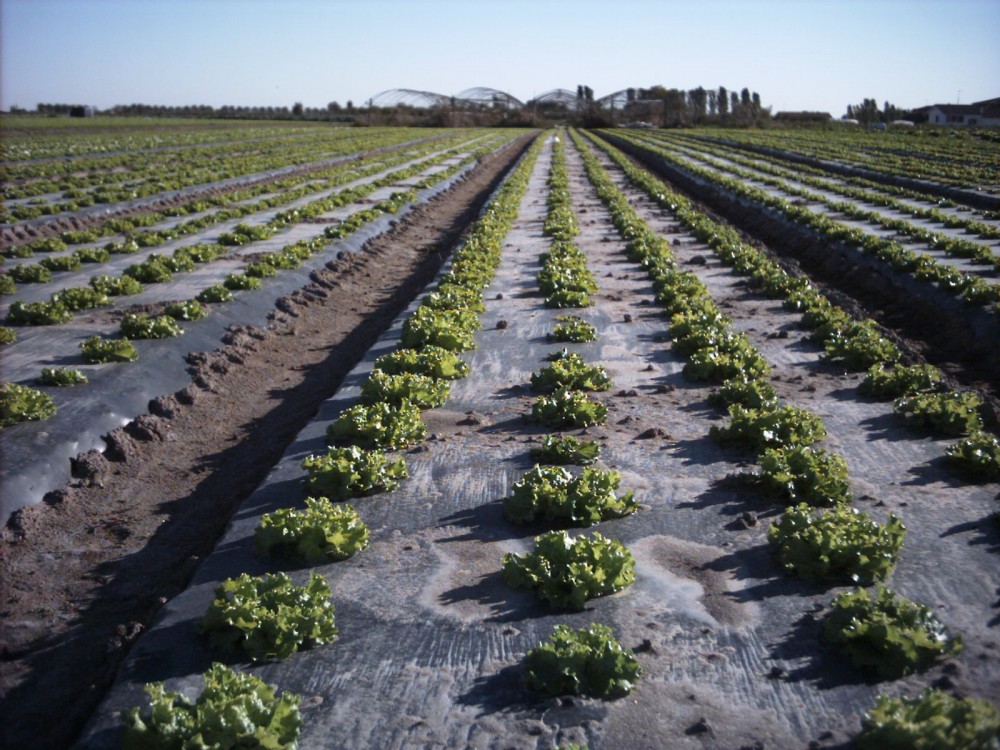Charting the Rise of Neem in Agriculture
Feeding the world in a safe and sustainable manner is a considerable challenge, especially with a rising global population, significant arable land degradation and crop yields starting to show a decline. The primary obstacle to sustainable food security today is an economic model and thought system, nurtured throughout the industrial revolution, that views social progress as the ability to produce at maximum capacity and at any financial or environmental cost. This attitude is on the verge of profound change. Natural solutions for comprehensive crop care such as neem are well positioned to set the foundation for a revolutionary transformation in global agriculture.…

